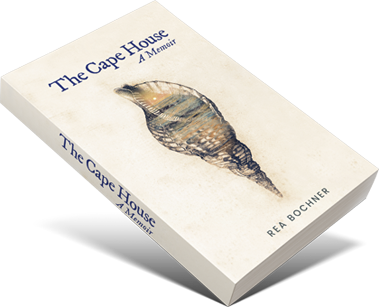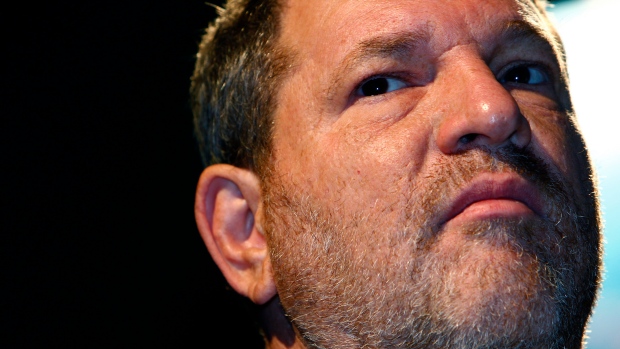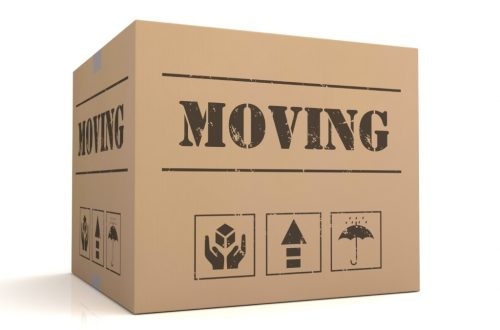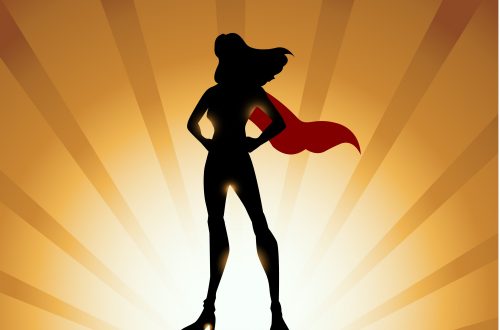I once wrote a piece about a rape-survivor-turned-activist who had helped thousands of women around the world. To me, the appeal of this story was a no-brainer. Yet, when I submitted it to a magazine, the editors were gun-shy. First, they wanted to change the word “rape” to “abuse,” as the word “rape” might be too intense for the readership. Then they decided to scrap the piece altogether; it was, they felt, too hot to print.
At the time, I didn’t protest (much). It was an editorial decision aimed to satisfy the magazine’s backers that I had no power to change. Instead, I kvetched to my husband, grumbled a bit, then left it behind for my next assignment.
This week, however, I can’t stop thinking about it.
It’s not just because of Harvey Weinstein. Sadly, reports of sexual assault and harassment, particularly when men of power are the perpetrators, no longer shock me. It’s not even that his deviancy was covered up for three decades; how many other dusty scandals have been unearthed years too late? It’s that for every #metoo story of sexual harassment and assault that is flooding the internet in the wake of Weinstein’s exposure, there is at least one male employee, friend, or relative that responds in stupefaction that such abuses happen hourly (minute-ly?) on such a grand scale.
To be fair, a significantly lower number of men are victims of sexual harassment and assault. It happens, but not with the same regularity. The rape culture pervasive in our society, our media, our entertainment, and our politics, which sends women hurrying to their cars in darkened parking lots with pepper spray and sharp key ends at the ready, is a white noise that’s not difficult for men to ignore. They don’t share our instinct to open with an apology or override the desire to say “no” out of fear that one wrong refusal might get us killed. They don’t live and breathe it the way we women do, the way a fish lives and breathes in water.
But there is also an insidious element at play here – the same element that kept Harvey Weinstein out of jail for thirty years – and that is complicity. It’s not always as obvious as the (female) agents and assistants who helped Weinstein orchestrate his hotel rendezvous, or colleagues who were compelled by financial and professional gain to look the other way. Sometimes, it’s becoming so accustomed to sexual abuse as a staple of our culture that we choose not to see it. It’s this choice that conditions victims to believe they are deserving of rape or molestation or harassment. It’s what keeps them quiet after they’ve been abused. After all, why speak up when this is simply the way things are? And why should anyone help you when you’ve brought it on yourself?
Mayim Bialik, the Orthodox Jewish television star, recently published a piece in the New York Times in response to the Weinstein scandal in which she described her self-protective behaviors of dressing modestly and not acting flirtatiously with men. “I am entirely aware that these types of choices might feel oppressive to many young feminists,” she writes. “Why are we the ones who have to police our behavior? In a perfect world, women should be free to act however they want. But our world isn’t perfect. Nothing — absolutely nothing — excuses men for assaulting or abusing women. But we can’t be naïve about the culture we live in.” As an Orthodox Jewish woman, I know all about the merits of modest dress and behavior. But despite her good intentions, Bialik’s words smack of victim-blaming. A woman dressing modestly doesn’t stop a man from groping her on a bus, and “kosher” interaction with the opposite sex won’t deter a predator from drugging a girl’s drink and raping her in a back alley. It is not on women to overturn rape culture with modesty or moral behavior; that responsibility belongs to all of us, women and men, by looking inward at our own role in the culture, by speaking out honestly, and by making it clear that sexual abuse is unacceptable, no matter how much money and power you have.
When that magazine refused to print an article about rape because they feared it was too hot to print, they silenced the thousands of readers who may have had the courage to speak out after they’d read it. By making women more aware of sexual abuse, they could have prevented incidents in the future. But they chose not to see. They were complicit.
And because I didn’t speak louder, I was, too.
To those women, and to the many voiceless victims of sexual abuse, assault, harassment, RAPE, I offer my deepest apologies. I should have fought harder for you.
I promise, I will now.













A reader. says:
You’re going to get haredi publications to acknowledge that sex exists? Good luck.